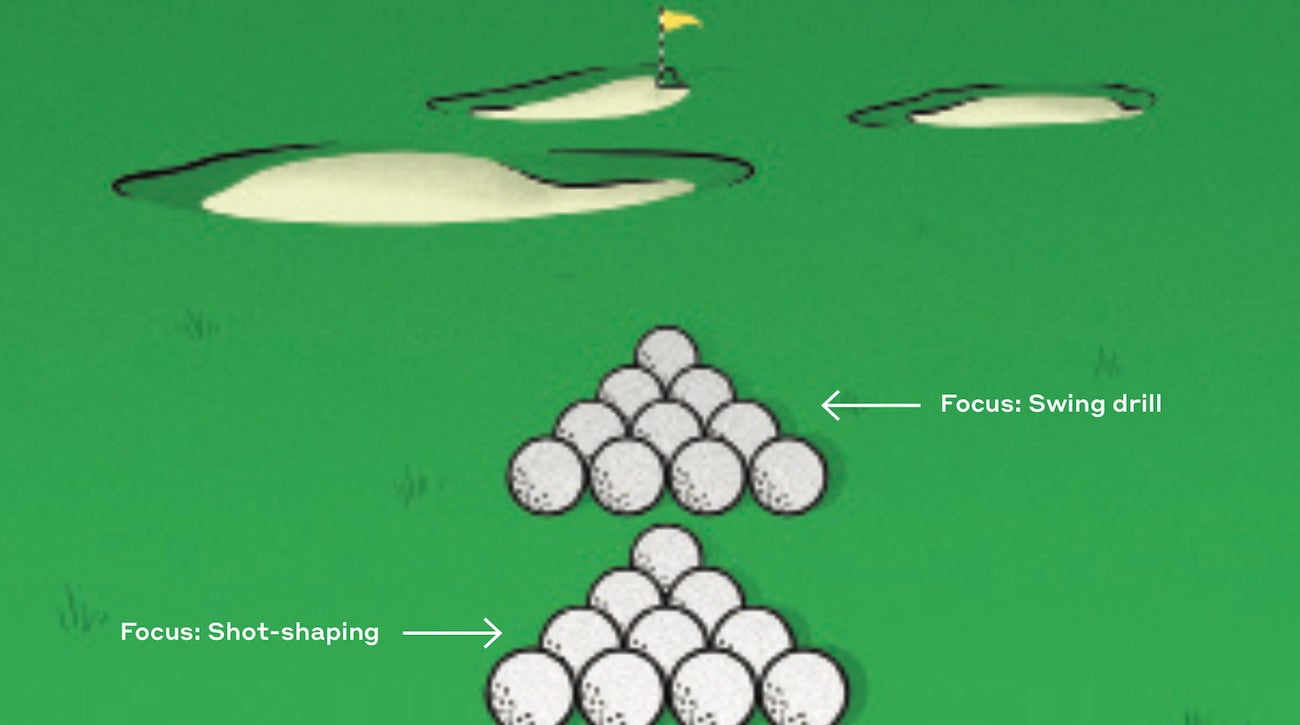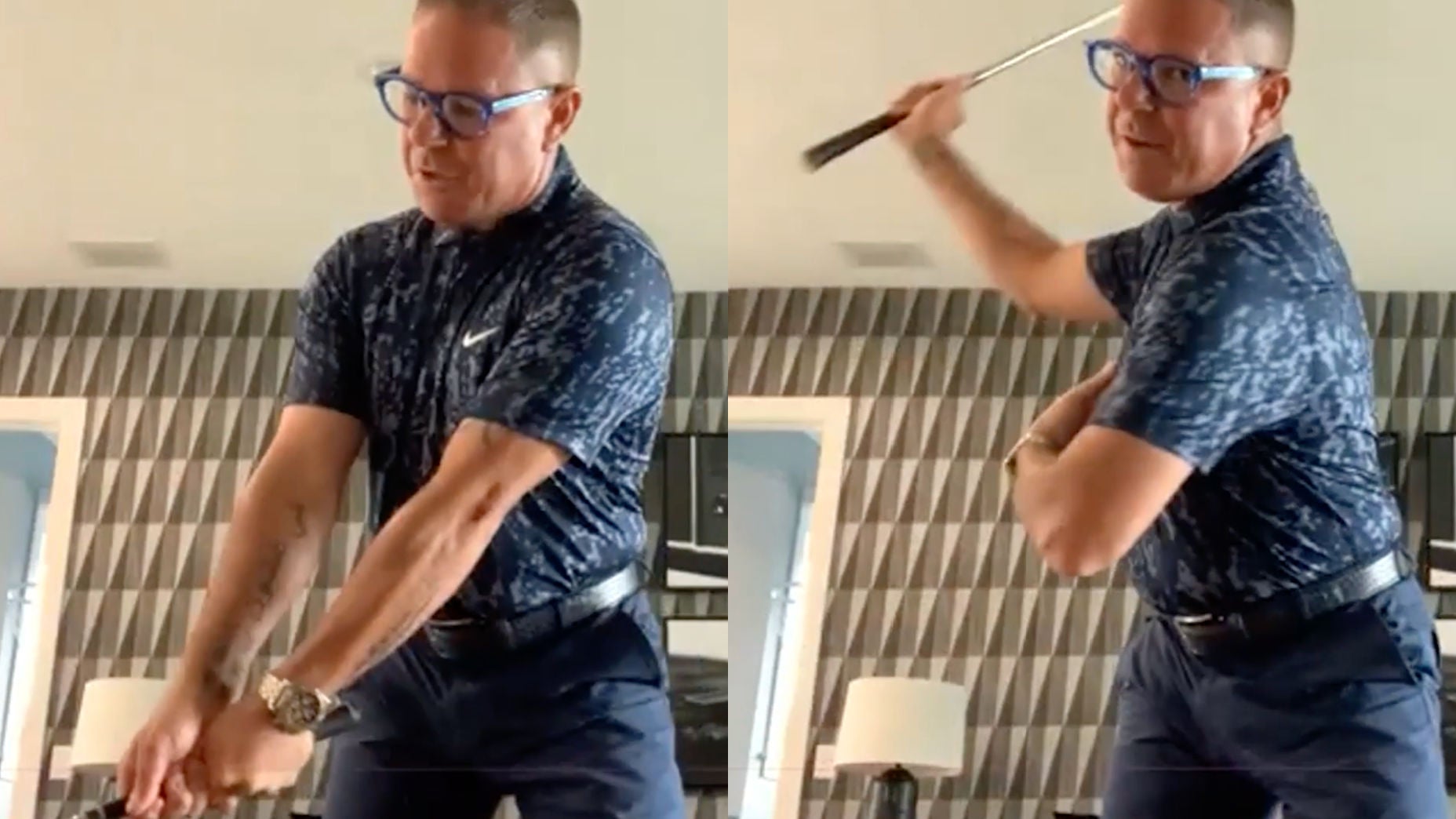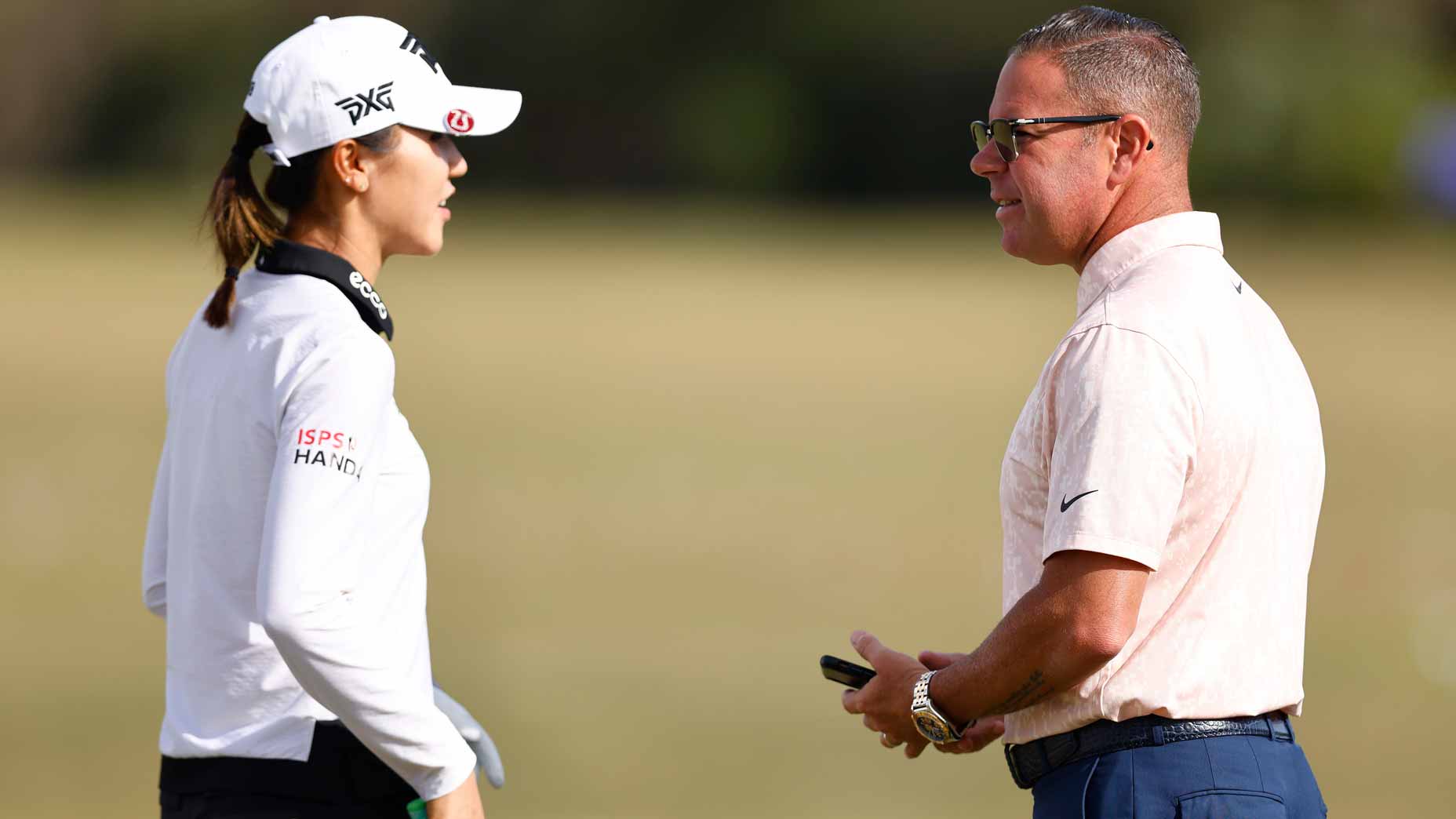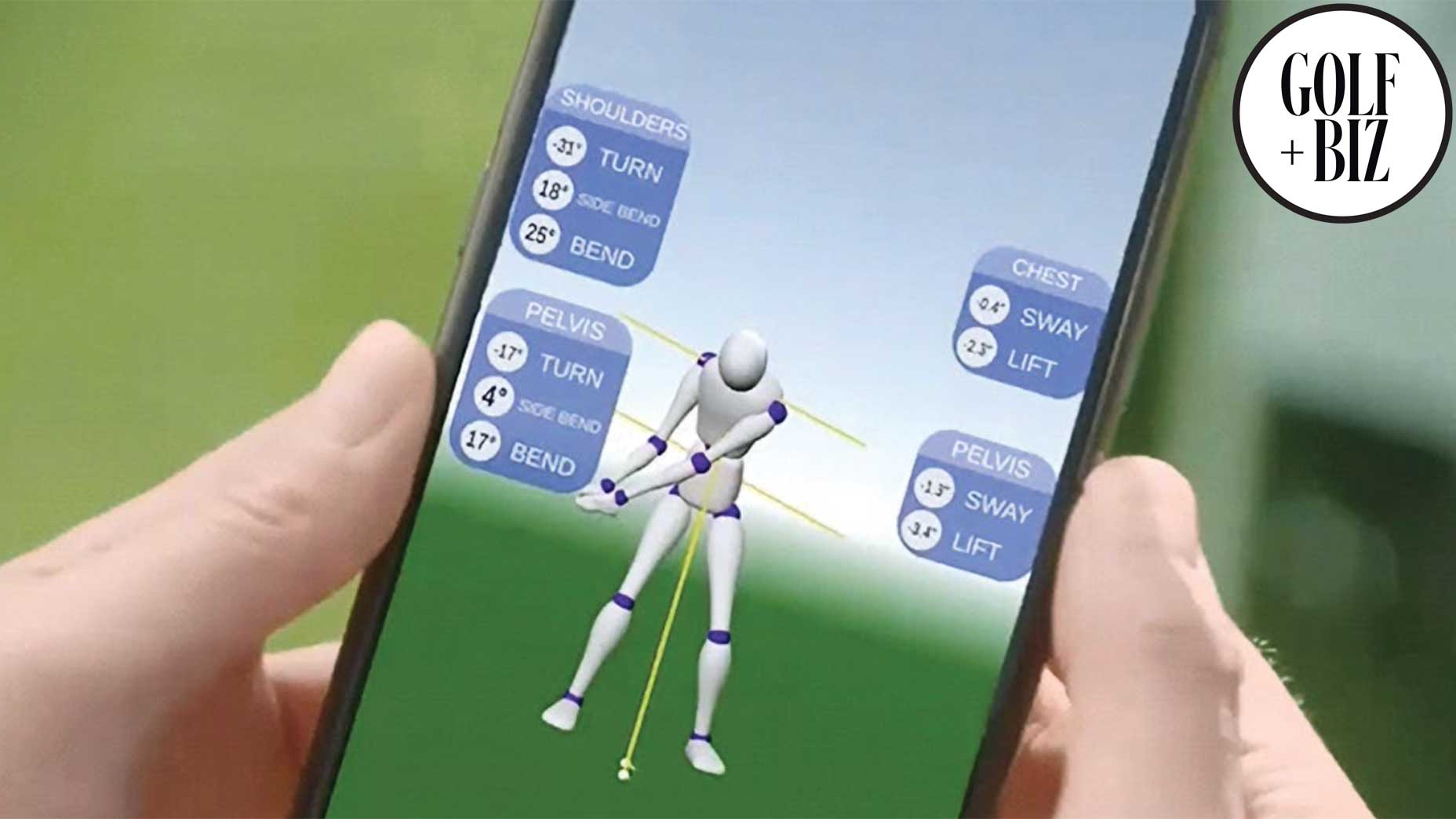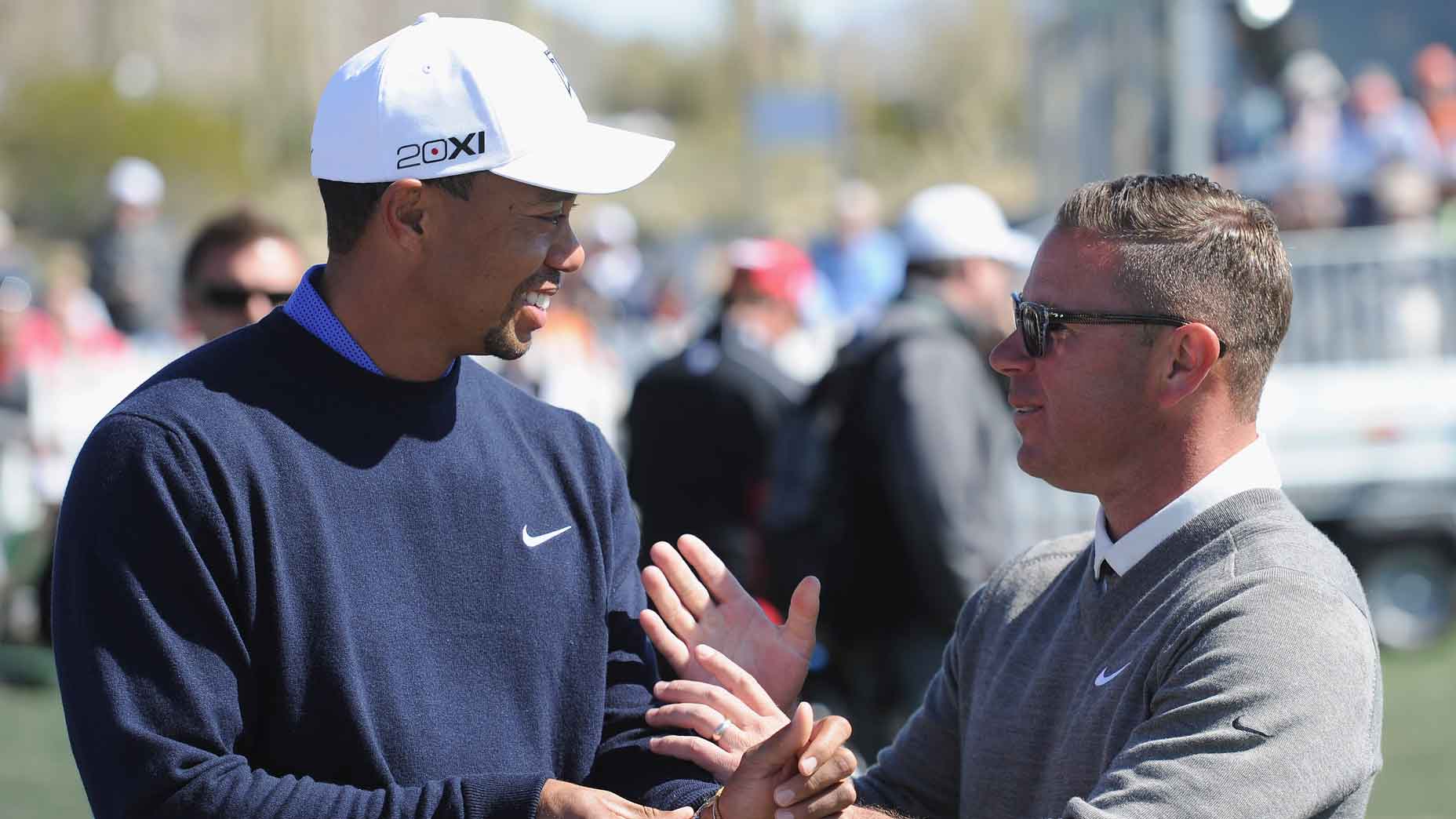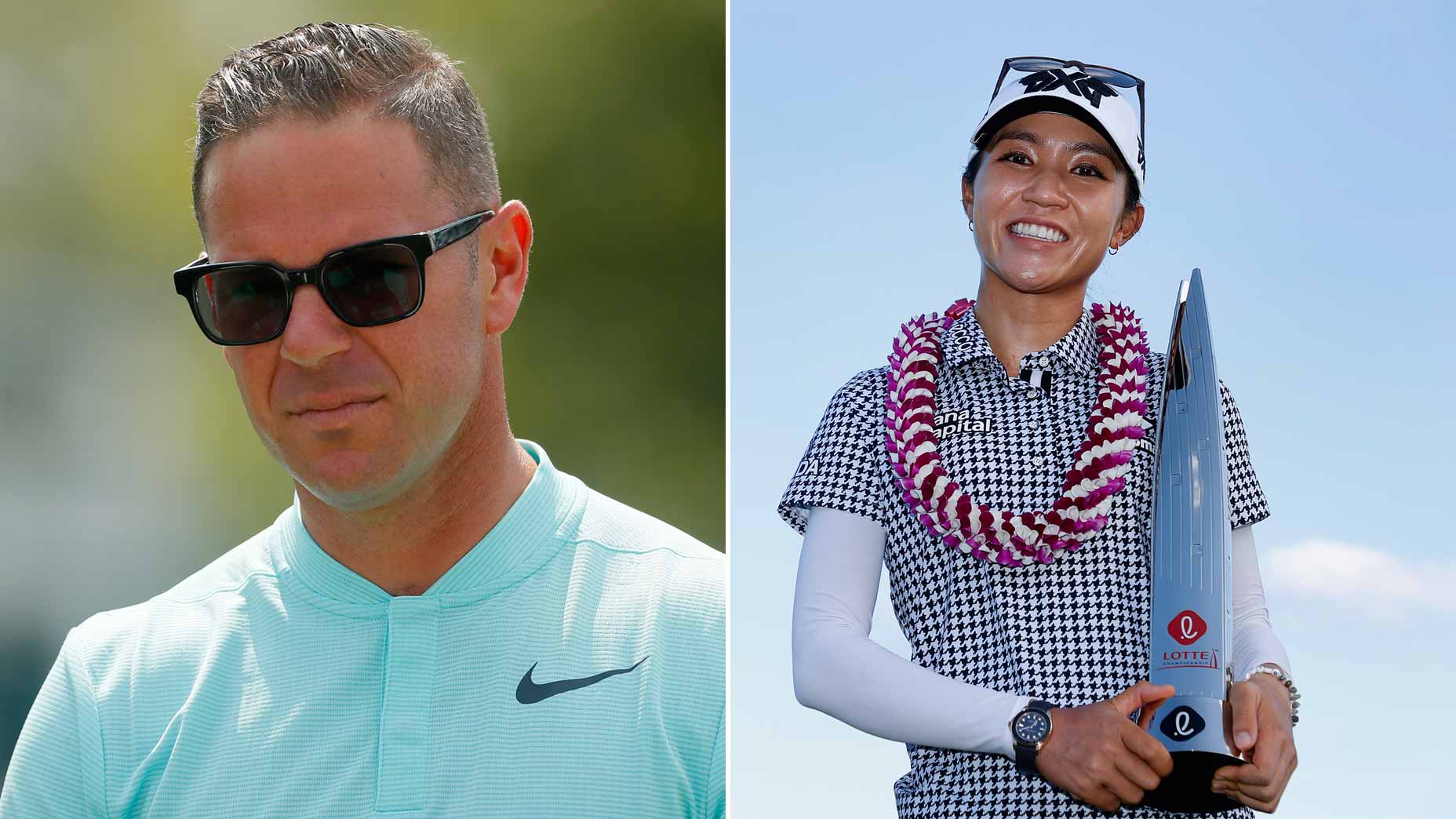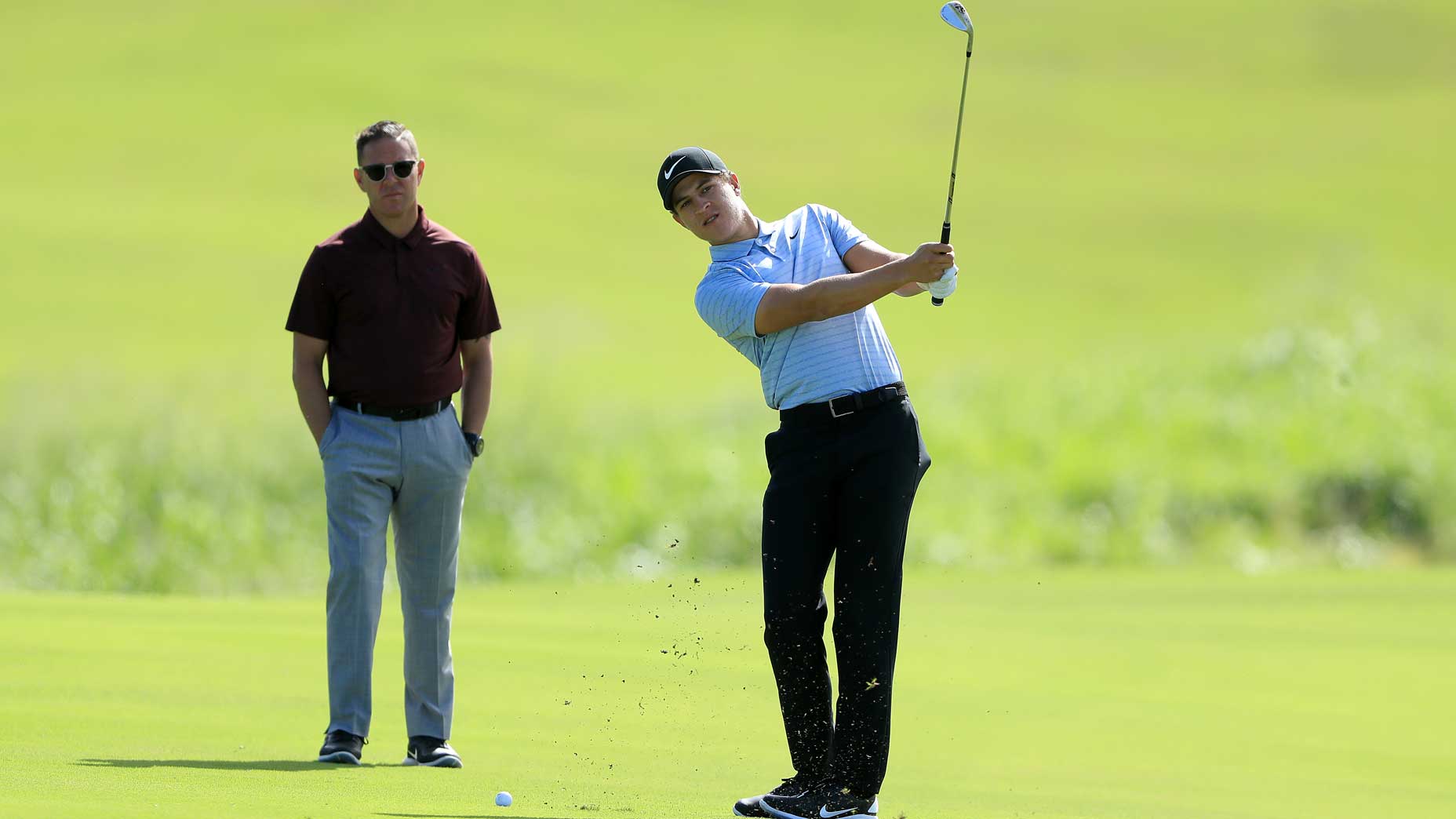Teaching junior golfers is a delicate art. Golf is a difficult game, and young players who hold greater ambitions for their games are fragile talents. Their mindsets go both high and low, while their techniques — if shepherded down the wrong paths — can prevent them from ever fulfilling their potential.
That’s why it’s so important for juniors to find a good coach, and GOLF Top 100 Teacher Sean Foley is one of the best. Foley runs the Foley Performance Junior Golf Academy, in Florida, and has helped numerous PGA Tour players climb the rankings through the years, including PGA Tour winner Cameron Champ, who Foley has been working with since Champ’s high school days.
Speaking with GOLF.com’s Sean Zak in a recent CDW-sponsored digital event alongside fellow GOLF Top 100 Teacher Chris Como, Foley explained that no two junior players are the same. Some require more hands-on coaching, others are more naturally athletic, while others still, Foley said, are “super-learners.”
This third group tends to produce the game’s elite talents, players like Tiger Woods and Lydia Ko, both players that Foley has worked with. These players absorb lots of information quickly, and learn things intuitively. Golf tends to come easy to players like these, which is why Foley says that the key to maximizing these players’ potential is to make their environments more challenging.
Super-learners, Foley said, will intuitively rise to figure out the task at hand, no matter how difficult, which is why it’s so important that they stay constantly challenged and stimulated. One way Foley does this is by having them practice their iron shots out of fairway bunkers, rather than on a standard grass driving range.
Why? Because it’s more difficult, and it pushes them to do what they do best: figure it out.
“When you get these extra-special athletes and somebody asks me what I work on with them, I tell them that all the kids I have that are extra-special athletes, they’re not hitting shots off the fairway,” Foley says. “They’re hitting shots out of fairway bunkers. Their whole practice is in a fairway bunker, because why not? Why wouldn’t you do that? If you make the environment more difficult, the super-learners are just going to get better before you even say a word.”
And he does it with his tour students, too…
While being a super-learner has many advantages, Foley said, it doesn’t come without its challenges — for example, ultra-athletic super-learner often struggle when things don’t go their way. Foley, speaking about his time with Tiger, explained why:
“When golf comes easy for them, it’s hard for them to put the pieces back together when so much of what they did came so naturally. That’s the curse of genius. So they can’t really say, ‘Oh, I remember when I was 12 and I learned that,’ because they just instantly and intuitively learned it.”

